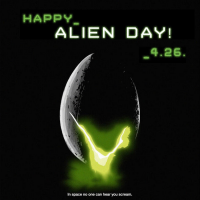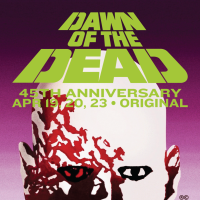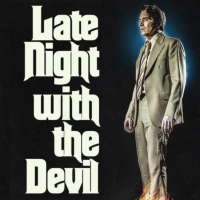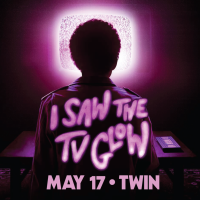Luc Besson’s Lucy is here to the rescue. The French writer-director-producer’s new movie, about a woman empowered and imperiled by the explosion of a powerful new drug in her nervous system, kicks ass and takes brains. Besson creates a heroine whose rapidly expanding abilities make her the world’s most awesome weapon. In the process, he promotes Scarlett Johansson to the movie superwoman she was destined to be.
Taking place in less than a day — and synopsizing 3 million years of human evolution in a hurtling 82 min. of screen time — Lucy is the summer’s coolest, juiciest, smartest action movie.
The cleverness in Besson’s film isn’t in its pseudoscience premise — that Johansson’s Lucy is transformed from a clueless American grad student to a genius and martial arts adept as her brain-use percentage skyrockets from 10% to 100%. No, it’s in showing that from great power can come both genetic transformation and personal tragedy. Lucy may not survive the toxic drug that makes her unique. But it does give her a glimpse of the big cosmic picture.
This female-glorifying picture not only shames all PG-13-rated summer spectacles for their wimpitude but also lures the audience into accompanying it on a third-act trip of ambitious movie madness, and ultimately spirals into transcendent, Kubrickian speculation, all while satisfying the basic movie appetite for twists and thrills.




















